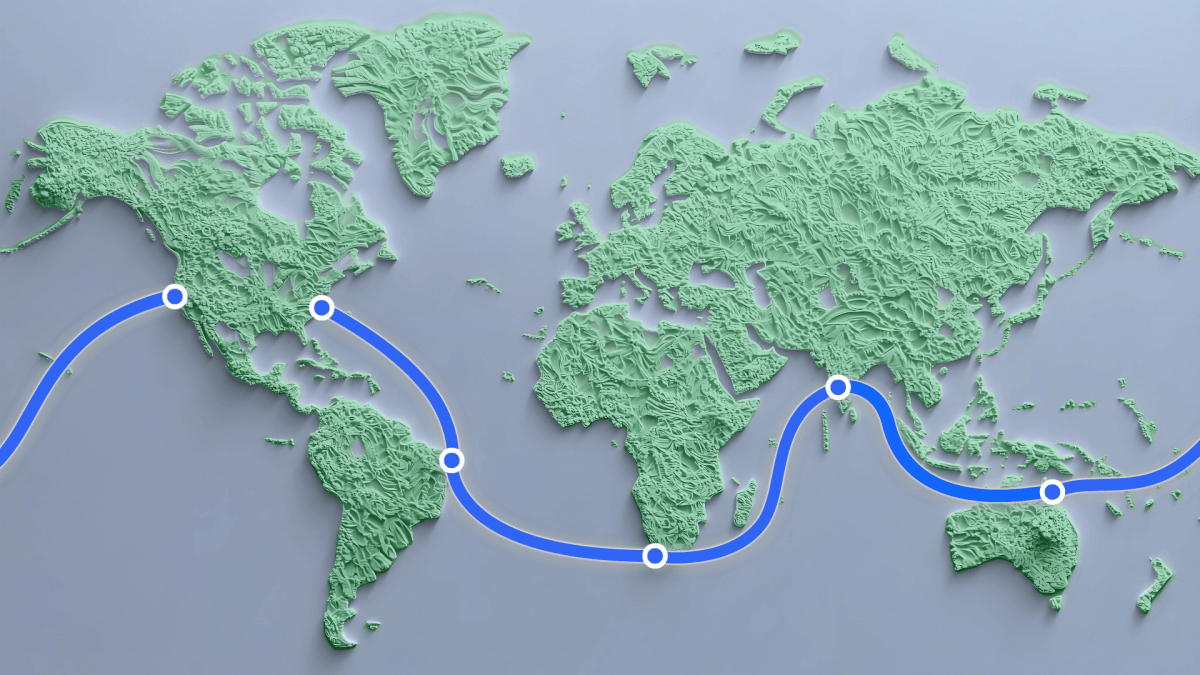A recent statement by Jack Dorsey, co-founder of Twitter (now X) and Square (now Block), has sparked a heated debate about intellectual property, patents, and copyright. Dorsey’s brief post, which read “delete all IP law,” was met with a swift response from X’s current owner, Elon Musk, who agreed with the sentiment.
Musk’s endorsement of Dorsey’s view has significant implications, given the current landscape of AI companies facing numerous lawsuits alleging copyright infringement. OpenAI, which Musk co-founded, is currently embroiled in a court battle over its use of copyrighted material to train its models.
Tech evangelist and investor Chris Messina weighed in on the discussion, suggesting that Dorsey’s point about IP law is valid, particularly in the context of automated fines and three-strike rules for AI infringement. However, others, such as Ed Newton-Rex, whose nonprofit Fairly Trained certifies AI training practices that respect creators’ rights, were less sympathetic to the argument, characterizing the exchange between Dorsey and Musk as a declaration of “war on creators.”
Writer Lincoln Michel also countered that Dorsey and Musk’s companies owe their existence to IP law, and that their stance is tantamount to hatred for artists. Dorsey elaborated on his position, suggesting that there are better models for paying creators and that the current system is flawed, with gatekeepers taking too much and not paying out fairly.
When attorney Nicole Shanahan pushed back against Dorsey’s stance, arguing that IP law separates human creations from AI creations, Dorsey responded by emphasizing the importance of creativity and the need for a more equitable system. Musk’s reply was consistent with his past statements, including his assertion that “patents are for the weak.”
A decade ago, Musk pledged that Tesla would not enforce patents against companies that used them “in good faith,” although the company has since sued other companies over patent infringement. Dorsey, meanwhile, initiated the open social media project that became Bluesky, but eventually left the company’s board, reportedly freeing it from being seen as a billionaire’s side project.
The conversation between Dorsey and Musk highlights the complex and often contentious relationship between tech companies and creators, with some arguing that IP law is necessary to protect artists and others advocating for a more open and equitable system. As the lines between social media conversations and government policy continue to blur, the debate surrounding IP law is likely to remain a contentious issue.
It is also worth noting that the intersection of technology and policy is becoming increasingly intertwined, with Musk’s involvement in the Trump administration and his efforts to push mass layoffs through his Department of Government Efficiency, which is largely staffed by tech industry professionals. This raises important questions about the role of tech companies in shaping policy and the potential implications for creators and artists.
Source Link




